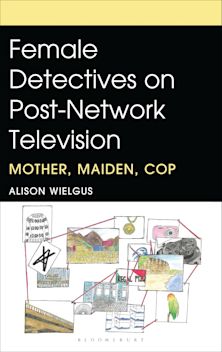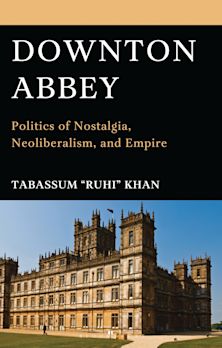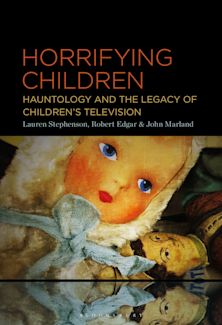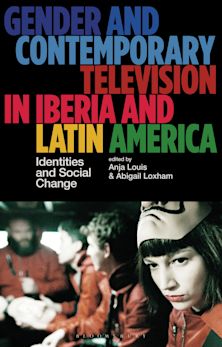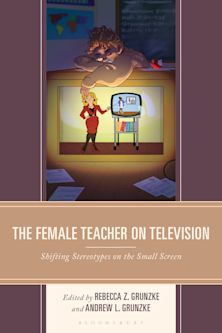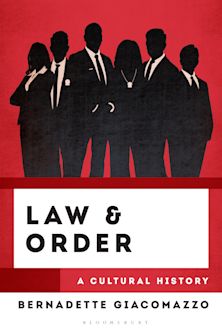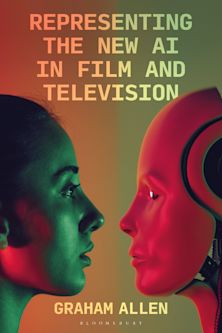- Home
- ACADEMIC
- Film & Media
- Television
- Irony in The Twilight Zone
Irony in The Twilight Zone
How the Series Critiqued Postwar American Culture
Irony in The Twilight Zone
How the Series Critiqued Postwar American Culture
This product is usually dispatched within 1 week
- Delivery and returns info
-
Free CA delivery on orders $40 or over
You must sign in to add this item to your wishlist. Please sign in or create an account
Description
Rod Serling’s pioneering series TheTwilight Zone (1959 to 1964) is remembered for its surprise twist endings and pervading sense of irony.While other American television series of the time also experimented with ironic surprises, none depended on these as much as Serling’s. However, irony was not used merely as a structural device—Serling and his writers used it as a provocative means by which to comment on the cultural landscape of the time.
Irony in The Twilight Zone: How the Series Critiqued Postwar American Culture explores the multiple types of irony—such as technological, invasive, martial, sociopolitical, and domestic—that Serling, Richard Matheson, Charles Beaumont, and other contributors employed in the show. David Melbye explains how each kind of irony critiqued of a specific aspect of American culture and how all of them informed one another, creating a larger social commentary. This book also places the show’s use of irony in historical and philosophical contexts, connecting it to a rich cultural tradition reaching back to ancient Greece.
The Twilight Zone endures because it uses irony to negotiate its definitively modernist moment of “high” social consciousness and “low” cultural escapism. With its richly detailed, frequently unexpected readings of episodes, Irony in The Twilight Zone offers scholars and fans a fresh and unique lens through which to view the classic series.
Product details
| Published | Dec 14 2015 |
|---|---|
| Format | Hardback |
| Edition | 1st |
| Extent | 254 |
| ISBN | 9781442260313 |
| Imprint | Rowman & Littlefield Publishers |
| Dimensions | 240 x 156 mm |
| Series | Science Fiction Television |
| Publisher | Bloomsbury Publishing |
About the contributors
Reviews
-
David Melbye provides meticulous analyses of the groundbreaking television series’s use of irony as a narrative strategy to critique postwar America…. Melbye’s book is often compelling reading and offers an important contribution to the reader’s understanding of The Twilight Zone and to the use of irony as a tool of social critique. As such, this book could be used in numerous popular culture, American studies, and cultural studies courses and on reading lists.
Journal of American Culture
-
While The Twilight Zone’s stylistic reliance on irony, particularly in its twist endings, has often been noted, David Melbye is the first to effectively extend this observation, as he seizes upon irony as a useful trope for laying bare a host of cultural issues with which America, as well as much of the postwar world, was struggling in the 1950s and early 1960s. The story he tells of the various sorts of irony that Rod Serling and other writerswove into his series reminds us that the show bulks beyond the traditional genre boundaries of science fiction to form an influential critique of the various cultural pressures that were shaping contemporary America, including the new medium of television wherein serious commentary had to be spoken somewhat obliquely. Irony in The Twilight Zone is a significant addition to the literature on this series and on television itself.
J. P. Telotte, Georgia Institute of Technology; author of Science Fiction TV; editor of The Essential Science Fiction Television Reader

ONLINE RESOURCES
Bloomsbury Collections
This book is available on Bloomsbury Collections where your library has access.











